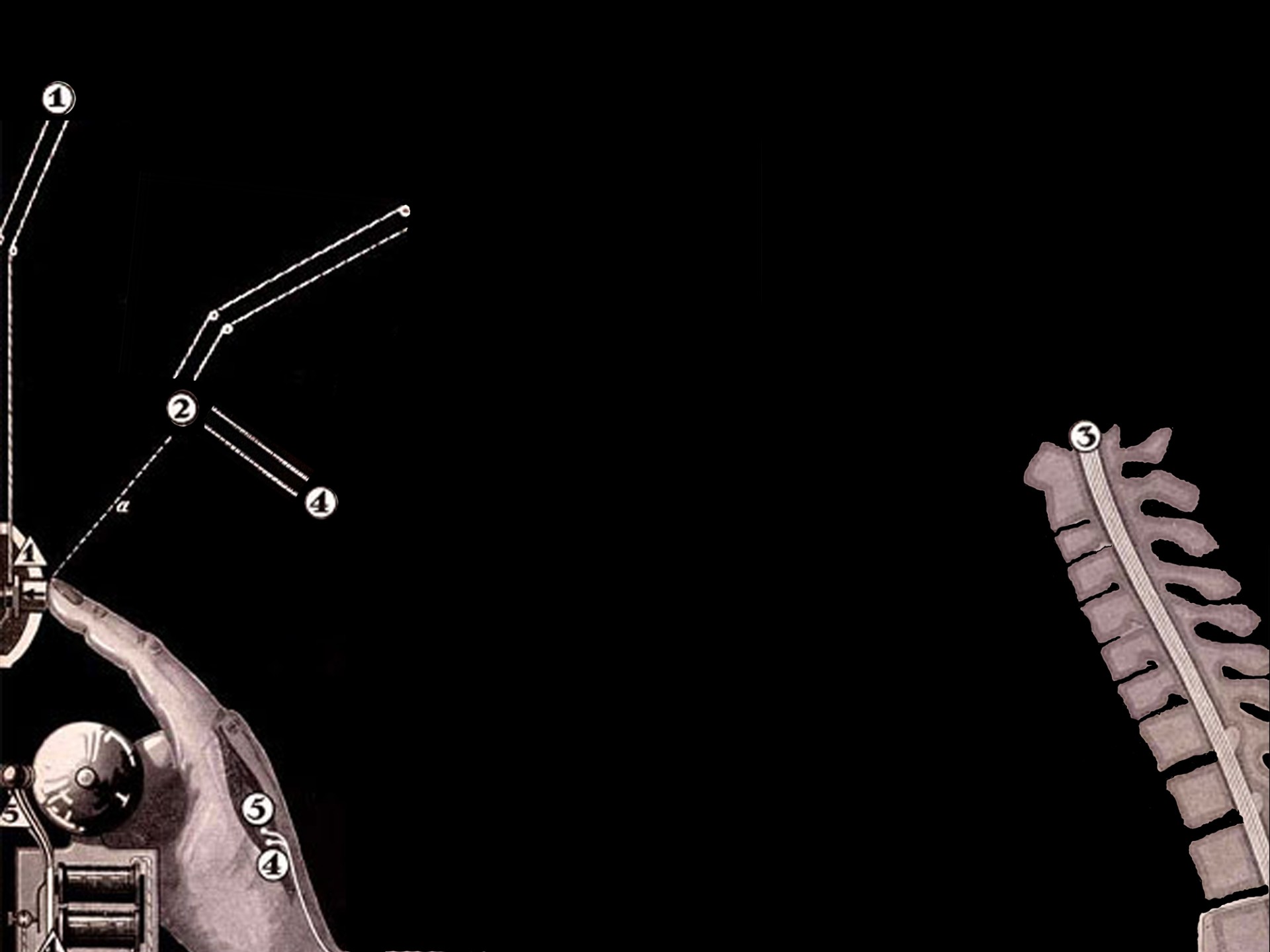Internationale Tagung // Kunstakademie Münster
Innen. Außen. Anders.
Der Körper im Werk von Gilles Deleuze und Michel Foucault
Do, 28.11.2013 - So, 01.12.2013
Die französischen Philosophen Gilles Deleuze und Michel Foucault haben sich in ihrem Werk intensiv mit dem Körper auseinandergesetzt. Besonders ihre kritischen Entwürfe zur Ästhetik ebenso wie ihr politisches Denken basieren auf Konzeptionen des Körpers und der Körperlichkeit.
Deleuzes Körper ist beweglich, fleischlich und gleichzeitig abstrakt. Mit der Frage, was ein Körper vermag, folgt er Spinoza und entfaltet seine Theorie des Werdens, des Tierwerdens, des Anderswerdens. In diesem Zustand der stetigen Transformation und des Nomadischen zeigt sich das eigentliche Potential des Körperlichen. Zusammen mit Guattari entwickelt er das Konzept des „Organlosen Körpers“ als den Ort des Ereignisses und der Auflösung von Hierarchie und Kodierung.
Foucaults Beachtung der Körper steht zunächst in Verbindung mit seinen diskursanalytischen Untersuchungen zu Machtverhältnissen. In seinem Spätwerk formuliert er die Themenkonstellation Subjekt – Wahrheit – Macht unter dem Titel der „Ästhetik der Existenz“ neu. Im Kontext der Rezeption antiker Technologien des Selbst steht dabei die Materialität des Körperlichen für seine Neufassung des Denkens der Alterität im Vordergrund.
Ziel der interdisziplinären Tagung ist es, den Stellenwert des Körperlichen bei Deleuze und Foucault eingehend zu untersuchen. Dies erscheint auch vor dem Hintergrund des intellektuellen Austauschs der beiden Philosophen relevant. Vor allem soll die Möglichkeit gegeben werden, Verbindungen und Gegensätze in den vorliegenden Konzeptionen des Körperlichen aufzuspüren und so die bestehende Rezeption zu ergänzen.
Tagungsorganisation: Ann-Cathrin Drews und Katharina D. Martin
International Conference // Academy of fine Arts Münster
Inside. Outside. Other.
The body in the work of Gilles Deleuze and Michel Foucault
Thu, Nov 18 - Sun, Dec 01 2013
Both Gilles Deleuze and Michel Foucault were intensely engaged with aspects of the body. In particular, their critical drafts of aesthetics as much as their political thinking are based on conceptions of the body and corporeality.
Deleuze's body is flexible, fleshy and abstract at the same time. Following Spinoza, in asking what the body can do, he unfolds his theory of becoming, becoming animal, becoming other. The potentiality of the body is revealed here as being in a state of nomadism and constant transformation. Together with Guattari he develops the concept of the “Body without Organs”, as an event through which hierarchies and codes are dissolved.
Foucault first of all attends to the body within his analytical investigations of power relations. In his late works and under the heading of an “Aesthetics of Existence“ he reformulates his thematic constellation between subject, truth and power. In the context of his reception of antique technologies of the self, the materiality of the bodily comes to the fore and leads to a revision of thinking alterity.
The aim of this interdisciplinary conference is to examine the significance of the body in Deleuze’s and Foucault’s works. This is particularly relevant in view of the intellectual exchange between the two philosophers. Specifically this event provides the possibility of tracing connections and contrasts between the two thinkers’ conceptions of the bodily and thereby complement the existing reception.
Conference organized by Ann-Cathrin Drews and Katharina D. Martin


